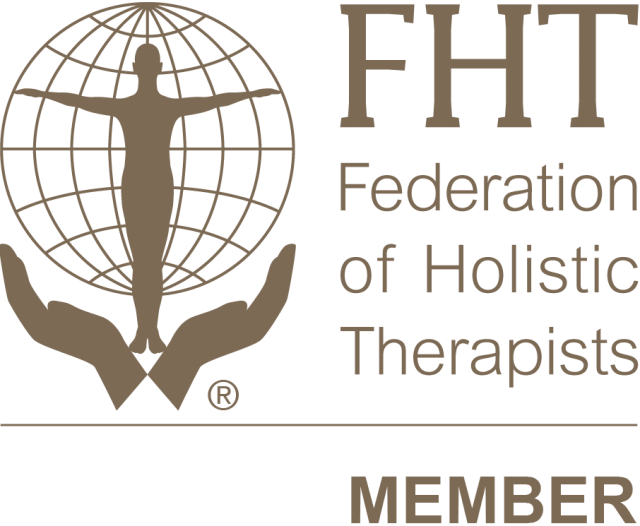Did your mum ever say, don’t rush your food you’ll get indigestion?
Or were you warned off a late-night snack of cheese on toast because it might give you nightmares?
By the time you hit middle age you might have learned your lessons and avoid rushing meals or eating late.
But you might not understand why these things aren’t great for you.
A new study points to various conclusions but I think it still misses the main point.
It is not just about how fast or how late the participants ate, the study completely overlooks what they ate. Which in my opinion is more than likely the very reason these particular food behaviours show up in the first place.
“However, there’s an opportunity in the association of rapid meal consumption with gastrointestinal and metabolic diseases, as people can slow the speed at which they eat so they feel full before they overeat.”
I believe that this is not possible if the food is not triggering satiety in the stomach.
The body does not have a cut-off switch when eating carbohydrate.
But there are signals for the brain to tell you you’re full if you are consuming protein and fats that grow with food, which are peptide YY and cholecystokinin respectively.
If they were eating protein, fat and leafy green veg I don’t think that they would be able to eat it as fast or have the inclination to. And with the eventual balance of all their hormones the eating behaviour would be reset.
In the article about the study, it goes on to talk about the research being useful to understand the psychology behind rapid eating in obese individuals.
But it still doesn’t mention the fact that ultra processed foods (UPF) and those very high in refined carbohydrate fuel excessive intake.
Simply because the body is not getting what it needs, no feeling of satiety is reached and the rapid rise in blood sugar and after effect crash means that they are stuck in a vicious cycle.
It does make me wonder why they even bother to do these studies if they are not going to thoroughly look into whether it is the food that is the factor most highly implicated in these health harming actions.
On the late-night eating issue, the problems would occur whether eating nutrient dense food or UPF.
The human body has a biological clock for a reason.
It is there to trigger hormones at the right time of day.
It is for this reason that night workers suffer health issues.
The pancreas (the organ that produces insulin) starts to wind down at approx. 7pm. After this it doesn’t want or need to be responding to the digestion of food.
So, if you are eating after this time, whether nutrient dense food or utter crap it will affect the balance of your hormones.
Bottom line will always be to give your body what it needs when it needs it to avoid health issues now or in the future.
Read the full article linking to the studies here



